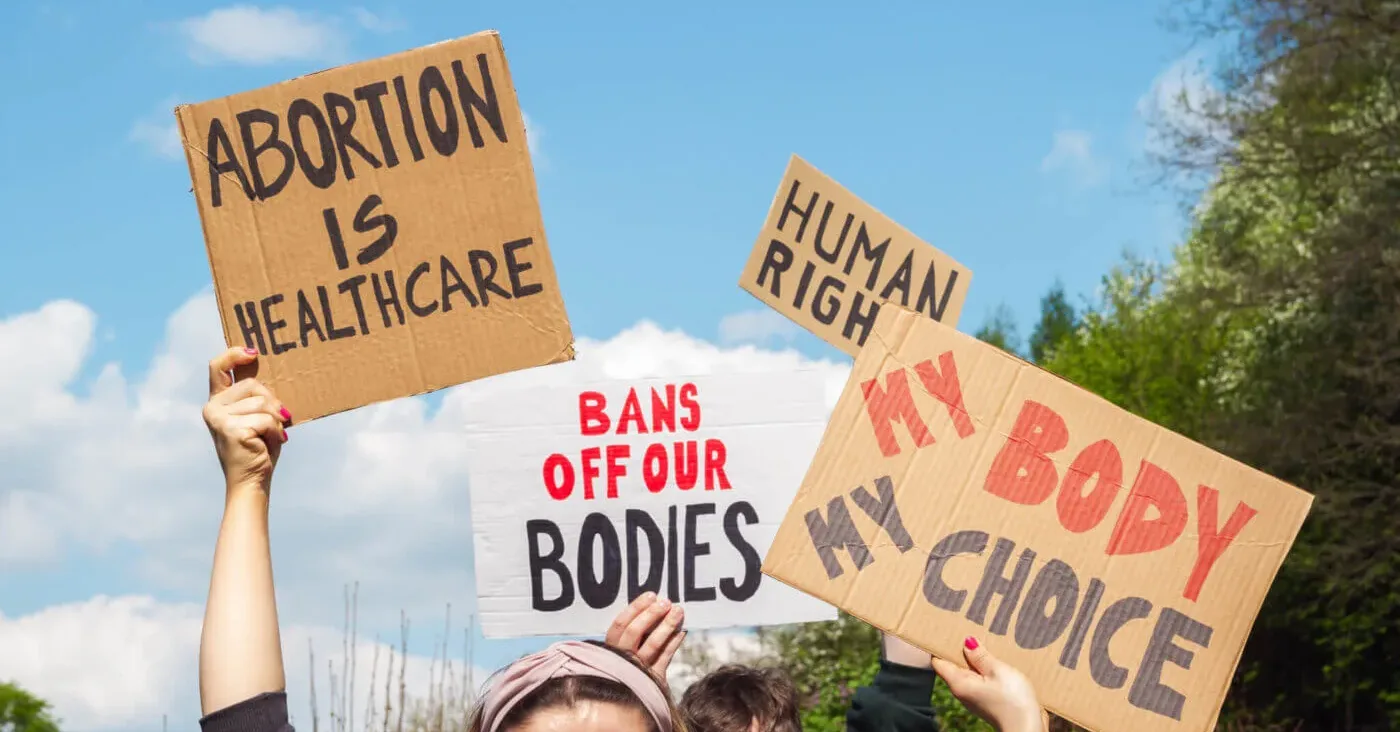
While abortion is legal in the commonwealth, the antiquated state law preserving the right includes numerous restrictions on access to care. A new piece of legislation would repeal those barriers and allow government funding for abortion facilities.
As Republicans attempt to ban abortions by any means necessary, a Democratic lawmaker introduced legislation on Wednesday that would make access to care easier and secure Pennsylvanians’ reproductive health care rights.
Rep. Kristine Howard (D-Chester) introduced House Bill 428, also called the Bodily Autonomy Act, which would undo all of the current, unnecessary restrictions on access to care, protect a person’s right to choose, and ensure all procedures are done safely.
Howard’s bill would effectively repeal the 1982 Abortion Control Act, which allows abortions in the commonwealth, but simultaneously raises obstacles to actually obtaining abortion care.
Abortions in the state are legal up to 24 weeks of pregnancy. Yet there are numerous restrictions in place. A person seeking an abortion must have their pregnancy confirmed by a medical provider, receive counseling, wait 24 hours, and give informed, written consent.
The current act also requires parental consent in the case of minors seeking an abortion, except in certain cases in which a court would have to waive the requirement. And, except in medical emergencies, a wife seeking an abortion must provide signed consent from their spouse.
Finally, the existing law also prohibits any federal or state funding for facilities that perform abortions, except in cases of medical emergencies, rape or incest.
Under Howard’s bill, a person would no longer need to receive counseling nor wait 24 hours to obtain an abortion. Minors seeking an abortion would no longer need parental consent and spousal consent would no longer apply either.
It would also allow for a patient to meet with a physician electronically via telemedicine for the initial appointment to determine the gestational age of the fetus, as well as for nonsurgical medical abortions.
The bill does not contain a restriction on federal or state funding for abortion facilities.
The Bodily Autonomy Act was referred to the House Judiciary Committee. With a slim Democratic majority in the state House, it should pass. That may not be the case in the Republican-controlled Senate.
Support Our Cause
Thank you for taking the time to read our work. Before you go, we hope you'll consider supporting our values-driven journalism, which has always strived to make clear what's really at stake for Pennsylvanians and our future.
Since day one, our goal here at The Keystone has always been to empower people across the commonwealth with fact-based news and information. We believe that when people are armed with knowledge about what's happening in their local, state, and federal governments—including who is working on their behalf and who is actively trying to block efforts aimed at improving the daily lives of Pennsylvania families—they will be inspired to become civically engaged.


For Rep. Susan Wild, supporting PA families includes reproductive rights and much more
Rep. Susan Wild wants to be very clear with Pennsylvanians: Donald Trump is committed to taking away women’s reproductive freedom, but he is not...

School districts working with anti-LGBTQ groups can cost your kids’ schools millions
Parents across South Central Pennsylvania are worried about the potential financial impacts working with anti-LGBTQ groups may have on their school...

VIDEO: Trump distances himself from his anti-abortion views
Donald Trump appeared on WGAL on Tuesday and continued to distance himself from his anti-abortion views claiming that reproductive rights are now a...

VIDEO: Community pushback gets school board to rescind decision on denying gay actor’s visit
Cumberland Valley School Board offered a public apology and voted to reinstate Maulik Pancholy as a guest speaker a week after the board voted to...

VIDEO: Project 2025 brings nuclear armageddon back into vogue
Project 2025 is a titanic document, with plans ranging from cutting half of all government employees to targeting reproductive rights on a scale...





